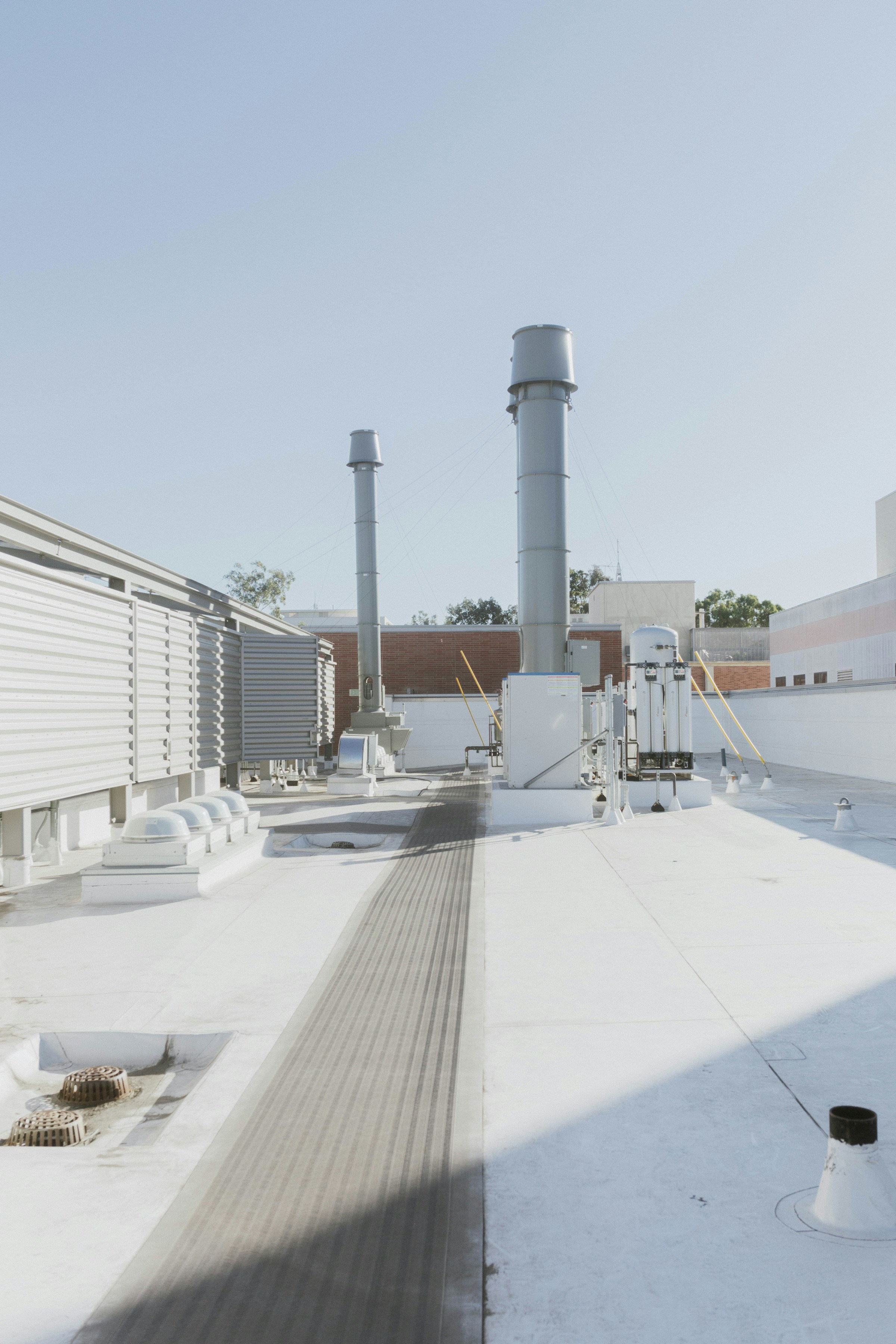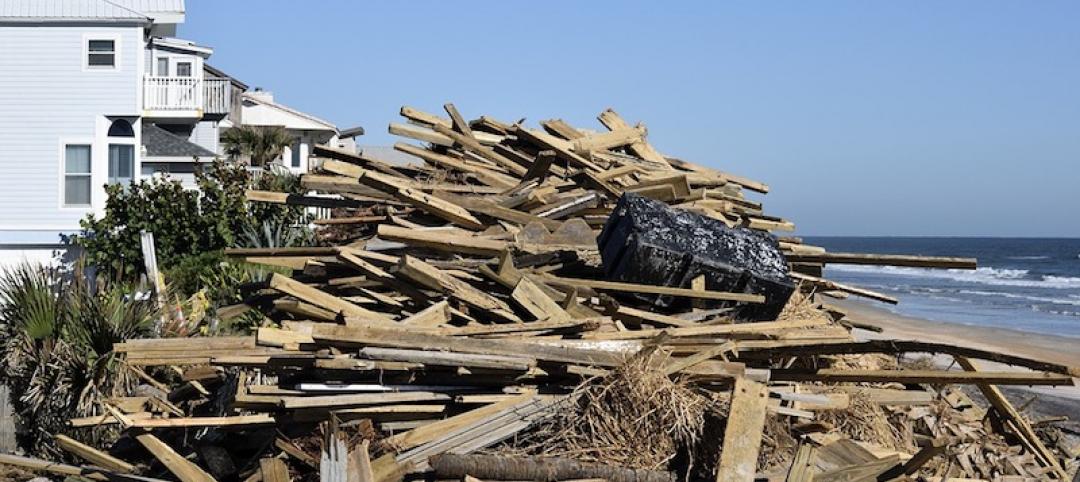A new technical brief from SPRI, the trade association representing the manufacturers of single-ply roofing systems and related component materials, addresses construction-generated moisture and its impact on commercial roofing systems.
Construction-generated moisture comes from activities including pouring concrete, burning propane heaters, painting, plastering, and drywall finishing. These activities can contribute to excessive levels of relative humidity inside the structure when proper remediation measures are not taken. Accumulation of condensation within the roofing assembly and within the structure can result when the temperature is at or below the dew point.
To control moisture, designers must identify the sources of moisture and develop a remediation plan during the design process. To reduce the probability of condensation, buildings under construction must be adequately ventilated, particularly during concrete hydration and other high moisture-related construction activities.
SPRI recommendations include avoiding the use of wet materials or materials with excessive moisture, installing vapor retarders in the roof assembly, avoiding penetrating vapor barriers, installing at least two layers of insulation, and always sealing deck-to-wall joints and gaps around roof penetrations.
Related Stories
Codes and Standards | Jan 29, 2019
Registration now open for LEED v4.1 for New Construction and Interior Spaces
Emphasizes human health and integrative building design.
Codes and Standards | Jan 25, 2019
AEC professionals should push for net zero projects
Educate and lead clients to more sustainable choices, says LEED fellow.
Codes and Standards | Jan 24, 2019
OSHA unaffected by federal government shutdown
Agency fully funded for first nine months of 2019.
Codes and Standards | Jan 23, 2019
Hackers can easily take control of construction cranes
Potential for serious harm is real, say researchers.
Codes and Standards | Jan 22, 2019
Initiative will introduce open-source software for commercial and public building retrofits
Energy analysis tool will identify energy efficiency opportunities.
Codes and Standards | Jan 18, 2019
Texas city sues developer over changes in $1 billion mixed-use project
Revised plan eliminated 8-acre lagoon, trolley, show fountain, and reduced retail space.
Codes and Standards | Jan 17, 2019
First resilience benchmarks for U.S. communities released
Provides way to evaluate current state of resilience and guidance for areas of improvement.
Codes and Standards | Jan 16, 2019
California mass timber building competition kicks off January 15
Competition will award $500,000 in grants to teams who design innovative buildings.
Codes and Standards | Jan 15, 2019
Hazard mitigation provisions in codes save lives and protect property
New NIBS study finds that adopting 2018 Intl. Codes generate $11 benefit for every $1 invested.
Codes and Standards | Jan 10, 2019
Ontario building first to achieve zero-carbon designation by Canada GBC
Geothermal heating, living wall among notable features.
















